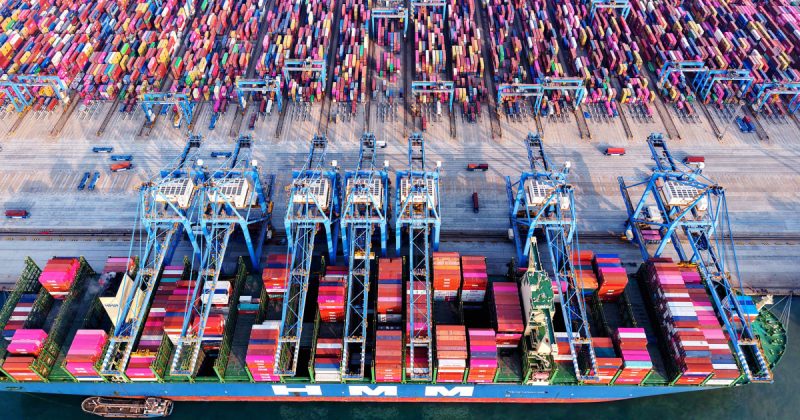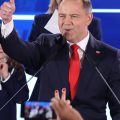
Tensions between the US and China are flaring up again, this time centered around a 90-day trade truce announced last month. President Trump declared that China had “totally violated” the agreement, a claim swiftly refuted by Beijing. The Chinese Ministry of Commerce issued a strong statement, asserting that while China had fully adhered to the truce, the US had implemented various measures that undermined the deal. These actions, according to China, include new restrictions on AI chip exports, a reported halt on the sale of chip design software, and plans to revoke visas from Chinese students.
The Ministry of Commerce didn’t mince words, calling Trump’s accusations a “serious distortion of the facts” and demanding the US rectify its actions. A warning was issued about potential retaliatory measures if the US continues its unilateral approach. This escalation comes as US Treasury Secretary Scott Bessent noted that China was reportedly withholding rare earth mineral exports, a crucial component in many US industries, further fueling the conflict.
Bessent expressed concern about China’s actions, emphasizing that this behavior isn’t characteristic of a reliable trading partner. He remains optimistic that these issues can be resolved through communication between President Trump and Chinese President Xi Jinping, with a possible call between the two leaders expected this week. National Economic Council director Kevin Hassett echoed this sentiment, expressing confidence in a productive conversation.
The timing of this renewed conflict is particularly noteworthy, occurring just weeks after the initial truce was announced. The back-and-forth highlights the ongoing fragility of the US-China trade relationship and the potential for a rapid return to a full-blown trade war. The lack of specifics regarding China’s potential retaliatory measures adds to the uncertainty, leaving observers wondering what steps Beijing might take next and how the US will respond. The situation remains highly volatile, with the upcoming conversation between the two presidents holding significant weight in determining the future trajectory of this crucial economic relationship.










